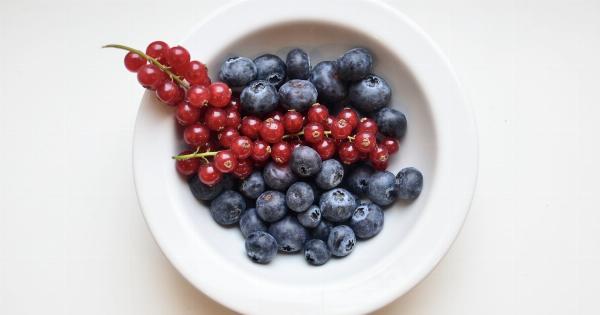Cholesterol is a waxy substance that is found in your blood.
Despite being an important component of our body’s process, when too much cholesterol accumulates in our body’s cells, it can cause blockages in the arteries that supply blood to the heart and brain. These blockages can lead to heart attack or stroke. It is essential to maintain healthy cholesterol levels for a long and healthy life.
Understanding Cholesterol Levels
There are two kinds of cholesterol, high-density lipoprotein (HDL) and low-density lipoprotein (LDL). HDL cholesterol is also called the “good” cholesterol and helps to remove LDL cholesterol from our bloodstream.
LDL cholesterol is often referred to as the “bad” cholesterol because it causes the build-up of fatty deposits in the walls of the blood vessels.
What Is Healthy Cholesterol Level?
It is essential to know the numbers that represent healthy cholesterol levels. The American Heart Association recommends the following healthy cholesterol levels:.
- Total cholesterol: Less than 200 mg/dL
- HDL cholesterol: Greater than 60 mg/dL
- LDL cholesterol: Less than 100 mg/dL
Eating Right for Healthy Cholesterol Levels
Diet plays a major role in maintaining healthy cholesterol levels. A diet that is rich in heart-healthy foods can help lower cholesterol levels naturally. Here are some foods that can help:.
- Monounsaturated fats: Olive oil, avocado, almonds
- Omega-3 fatty acids: Fatty fish, flaxseed, chia seeds
- Fruits and vegetables: Berries, leafy greens, citrus fruits
- Whole grains: Brown rice, oatmeal, whole wheat bread
It is also important to avoid high cholesterol foods that can increase your cholesterol levels. These foods include:.
- Processed meats: Sausage, bacon, hot dogs
- Fried foods: French fries, chicken wings, onion rings
- High-fat dairy: Cheese, butter, whole milk
- Baked goods: Cakes, cookies, pastries
Get Moving and Exercise
Regular physical activity can help to increase HDL cholesterol levels. Aim for at least 30 minutes of moderate exercise most days of the week. Some simple ways to get moving include:.
- Brisk walking
- Cycling
- Swimming
- Dancing
It is also important to incorporate strength training into your routine, as it helps to build muscle, which can help burn calories and increase HDL cholesterol.
Stop Smoking and Limit Alcohol Consumption
Smoking can cause damage to the blood vessels, which can lead to the build-up of fatty deposits in the arteries. Limiting alcohol consumption to moderation can have a positive impact on cholesterol levels.
Reduce Stress
Stress can increase the release of a hormone called cortisol, which can increase cholesterol levels. Take time to relax and find activities that help you de-stress. Some ways to reduce stress include:.
- Meditation
- Yoga
- Deep breathing exercises
- Massage
Supplements Can Help
Supplements can help to naturally lower cholesterol levels. Here are some that have been found to be effective:.
- Garlic: Can lower LDL cholesterol levels
- Red yeast rice: Can lower LDL cholesterol levels
- Psyllium: Can lower LDL cholesterol levels
- Niacin: Can lower LDL cholesterol levels and increase HDL cholesterol levels
Regular Check-Ups Are Important
Regular cholesterol testing is important to ensure that your cholesterol levels are healthy. Your doctor can recommend the best frequency for cholesterol testing based on your individual risk factors.





























